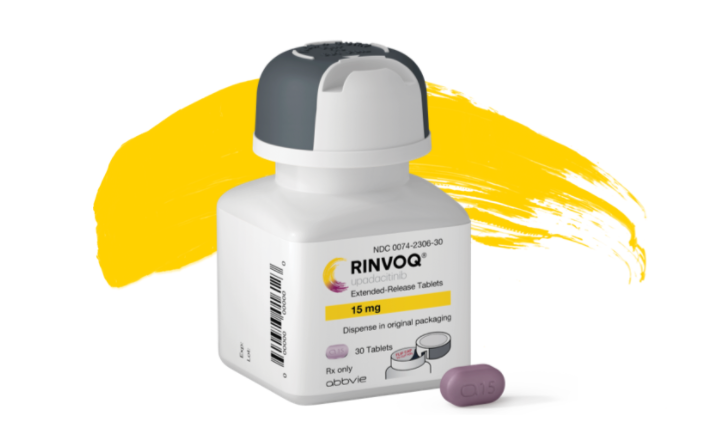A New Hope for Alopecia: What You Should Know About This Breakthrough Treatment
- American Mane

- Aug 28, 2025
- 2 min read
RINVOQ® (upadacitinib) is a prescription medication known as a Janus kinase (JAK) inhibitor, currently approved to treat several inflammatory conditions like rheumatoid arthritis, psoriatic arthritis, ulcerative colitis, and eczema (atopic dermatitis). Now, it’s also being studied as a potential treatment for alopecia areata (AA), an autoimmune condition that causes unpredictable hair loss. Recent Phase III clinical trials by AbbVie have shown promising results in both adults and adolescents with severe AA, offering new hope to patients who have struggled with limited treatment options.

Information by Follicle Thought on August 26, 2025 https://folliclethought.com/abbvie-shares-topline-results-from-its-phase-3-trial-for-alopecia-areata/
What Did the Phase III Trials Reveal?
AbbVie conducted two nearly identical, randomized, placebo-controlled, double-blind trials Study 1 and Study 2 each testing upadacitinib at 15 mg and 30 mg daily doses versus placebo over 24 weeks. Both trials enrolled patients with severe alopecia areata, averaging just 16% scalp hair coverage at baseline, as measured by the Severity of Alopecia Tool (SALT) score.
Study 2 Results:
Primary Endpoint Met: At Week 24, 44.6% (15 mg) and 54.3% (30 mg) of patients achieved at least 80% scalp hair coverage (SALT ≤ 20), compared to only 3.4% with placebo.
Secondary Outcomes: Significant numbers also reached ≥90% scalp coverage (SALT ≤ 10)—36.0% (15 mg) and 47.1% (30 mg)—and a meaningful proportion achieved complete regrowth (SALT = 0)
Additional benefits included improvements in eyebrow and eyelash regrowth, reinforcing the treatment’s broad impact beyond scalp hair.
Study 1 Results:
These mirrored Study 2 closely, with 45.2% (15 mg) and 55.0% (30 mg) of patients reaching ≥80% scalp hair coverage compared to only 1.5% for placebo—demonstrating strong consistency across trials
Safety Profile: Promising and Consistent
Safety outcomes were favorable and aligned with upadacitinib's known profile from its other approved uses. Serious adverse events were rare: around 1–3% across treatment groups, with slightly fewer in the placebo group. The most common side effects included acne, nasopharyngitis, and upper respiratory tract infections. No new safety concerns were identified, and no treatment-related deaths, major cardiovascular events, or thromboses were observed.
Why These Results Matter
First-of-its-kind outcomes. These trials are the first pivotal AA studies to meet the stringent SALT = 0 benchmark—indicating full scalp hair regrowth—in a significant number of patients
Consistent across studies. Nearly identical results in both Study 1 and Study 2 strengthen confidence in upadacitinib's effectiveness.
Potential breakthrough therapy. If approved, upadacitinib could offer a much-needed, impactful new treatment for severe AA.
AbbVie is now preparing these findings for regulatory submission, advancing toward possible approval for this indication
While upadacitinib's use in AA has not yet been approved, these results mark a pivotal step forward. If regulatory clearance follows, this treatment could transform care for thousands affected by severe alopecia areata, boosting not just hair growth but patients' quality of life.




Comments